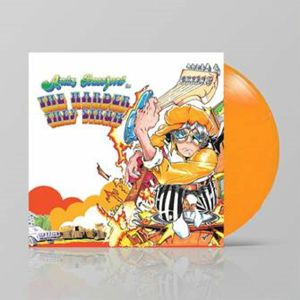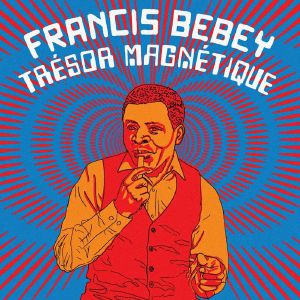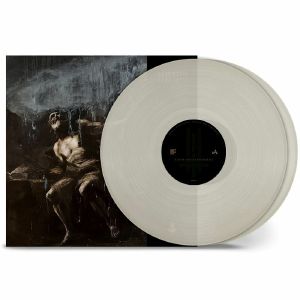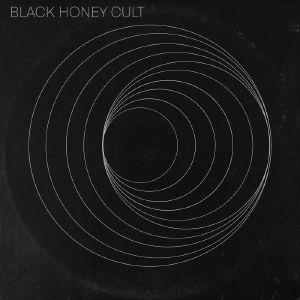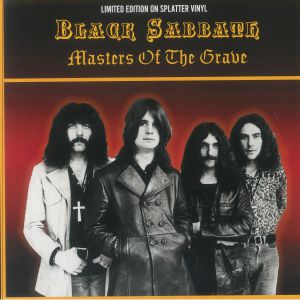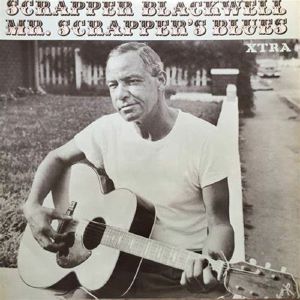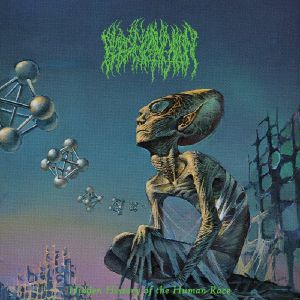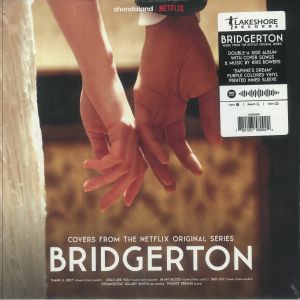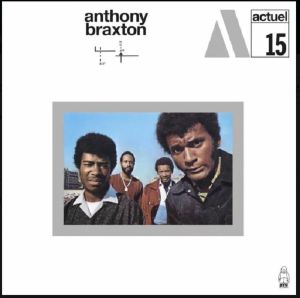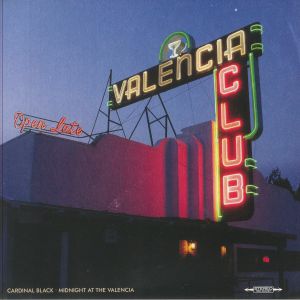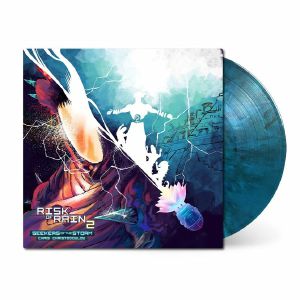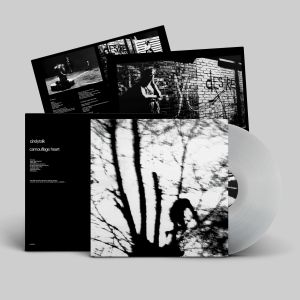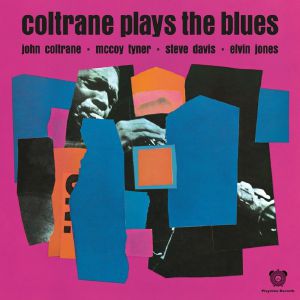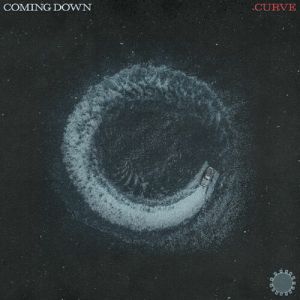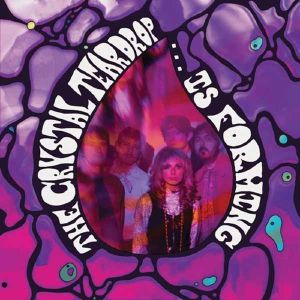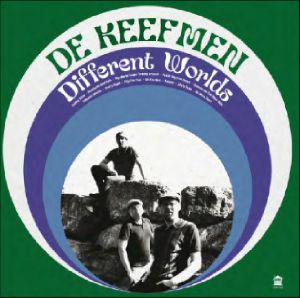Filter
Stock
Type
Format
Label
Release Title
Price
Tags
New releases this week: All genres
New All genres vinyl in stock + the latest preorders
Albums
in stock $30.19
Victory Lap (#23) (180 gram white vinyl LP + booklet)
Cat: FPSG 1707431. Rel: 21 May 25
Indie/Alternative
in stock $31.60
in stock $32.16
in stock $29.63
in stock $30.76
Review: On Club Tounsi, Tunisian producer Sofyann Ben Youssef, aka AMMAR 808, brings the raw rhythmic power of Mezoued-the folk music of Tunisia's working class-into a bold electronic future. Fusing pulsating synths, distorted textures and TR-808 beats with traditional instruments like goatskin bagpipes, hand drums, and the ney, he reimagines iconic Mezoued tunes for a new generation. Vocalists from classical, Sufi and Mezoued backgrounds also feature to add human soul and mean the album captures the genre's emotional depth while transforming it into something cinematic and club-ready. This LP is a bridge between past and future, tradition and innovation and one that makes you want to move.
… Read more in stock $23.42
Review: The Persona 5 Megamix Vinyl Soundtrack distils the essence of the game's legendary audio into one electrifying album. It's a curated selection that pulls from hours of jazzy, stylish and emotionally charged music that defines the whole mood and aesthetic of the game. From iconic bangers like 'Wake Up, Get Up, Get Out There' and 'Last Surprise' to atmospheric gems like 'Beneath the Mask' and 'Rivers in the Desert,' these tracks brim with hooky musical character and also plenty of narrative weight. With remixed album art by Drew Wise, this is a sleek, essential tribute to one of gaming's most unforgettable soundtracks.
… Read more in stock $47.12
Review: Part of the wider Megami Tensei video game franchise, Persona 4 is a 2008 role playing title that hit Japan, and made a huge impact, in 2008. Set in a fictional version of the Land of the Rising Sun's countryside, players adopt the character of a high school student who moves to the small town of Inaba from the city to experience rural living for 12 months. Mysterious murders ensue, and it's up to you - or whoever's got the PS2 controller - to work out what's happening. It's typically deep dive stuff for a country that has always had a very unique relationship with video games. Atlus, the developer, already had a reputation for making beloved scores for its titles, and this one is no exception, although broke the mould compared with preceding instalments in the saga. Way more upbeat, it's a mixture of bubblegum dance pop, chip music, high intensity synth rock, urban-hued J-pop, and 'toon jazz.
… Read more in stock $47.12
The Harder They Strum (reissue) (translucent orange vinyl LP)
Cat: JUMP 161LPO. Rel: 21 May 25
Reggae Classics/Ska
in stock $29.33
Review: Tresor Magnetique is a treasure trove of unreleased tracks by the late great Francis Bebey-an international artist whose visionary work defies time and continues to add standout energy to eclectic DJ sets everywhere. These recordings have been digitised from fragile tapes found by his son and restored at Abbey Road Studios and blend pygmy flutes, drum machines, folk guitars and electronic textures in daring, genre-defying ways. Rather than a retrospective, this feels like an ongoing conversation that keeps Beby's work urgent and vital and prove Bebey wasn't just ahead of his time, he transcended it, from the lo-fi drum track magnificent of 'Quand Le Soleil Est La' to the raw, textured tropical funk of 'Where Are You? I Love You.'
… Read more in stock $32.16
I Loved You At Your Darkest (gatefold clear vinyl 2xLP + booklet)
Cat: 072736 1455026. Rel: 22 May 25
Metal
in stock $33.84
in stock $36.40
in stock $49.65
Dune Prophecy (Soundtrack) (limited numbered 180 gram audiophile yellow "spice" marbled vinyl LP + booklet)
Cat: MOVATM 434C. Rel: 22 May 25
Soundtracks
in stock $34.71
Big Ska Band (reissue) (red vinyl LP limited to 200 copies)
Cat: JUMP 148LPR. Rel: 19 May 25
Reggae Classics/Ska
in stock $29.33
! low stock $20.03
Masters Of Reality: The Legendary Live Broadcast From Asbury Park NJ 5th August 1975 (limited hand-numbered red & black splattered vinyl LP)
Cat: SGVNY 151. Rel: 19 May 25
Metal
in stock $25.39
Country Music (LP + MP3 download code limited to 150 copies)
Cat: AV 015LP. Rel: 21 May 25
Ambient/Drone
in stock $31.88
Don Blackman (limited numbered 180 gram audiophile red vinyl LP)
Cat: MOVLP 3639R. Rel: 20 May 25
Funk
Review: Don Blackman's 1982 self-titled debut is an underrated jazz-funk gem that fuses soul, funk and jazz-fusion into a sophisticated groove-laden journey that was produced by Dave Grusin and Larry Rosen for GRP Records. The album showcases Blackman's keyboard wizardry and soulful vocals across standout tracks like 'Heart's Desire' and 'Holding You Loving You.' With playful cuts like 'Yabba Dabba Doo,' it balances polish with joyful experimentation and though not a commercial hit, its influence has quietly grown and ir has been sampled by hip-hop greats and revered by collectors alike. This reissue reaffirms its status as a cult classic and a crucial slice of 80s funk.
… Read morePlayed by: Pete Haigh
in stock $32.72
Mr Scrapper's Blues (Bluesville Acoustic Sound Series) (180 gram vinyl LP with obi-strip)
Cat: CRF 1699241. Rel: 21 May 25
Blues
Review: Scrapper Blackwell's final recordings, laid down in Indianapolis in 1961, marked the return of a blues guitarist and singer who had been silent since the mid-30s. Mr. Scrapper's Blues was released posthumously in 1962, just after Blackwell was shot and killed - a stark coda to a career shaped by both brilliance and misfortune. First out on Prestige's Bluesville sublabel, this stark, unclipped LP finds Blackwell alone at the mic, handling guitar, piano and vocals himself. The South Carolina-born, Indiana-raised musician earned early fame through his trailblazing partnership with Leroy Carr in the late 1920s and 30s, before vanishing from music entirely following Carr's death. This 180-gram reissue from Craft revives that late-career spark via an all-analogue mastering by Matthew Lutthan.
… Read more! low stock $44.30
Hidden History Of The Human Race (reissue) (gatefold transparent "coke bottle" green vinyl LP + insert +booklet)
Cat: 198028 92961. Rel: 20 May 25
Metal
in stock $44.30
in stock $29.63
in stock $31.32
As Bold As Brass (10th Anniversary Edition) (gatefold LP in spot-varnished sleeve)
Cat: DRA2 18BLACK. Rel: 19 May 25
Punk/Hardcore
in stock $33.84
Review: Originally released on cassette in 1984, Borghesia's Clones album now resurfaces on vinyl courtesy of the dons at Dark Entries. It's a fine glimpse into early electronic experimentation from 1980s Ljubljana, all created using borrowed gear and recorded live without overdubs. The results are an album of hypnotic proto-techno and acid-inflected instrumentals intended for video installations and performances, all of which speak to the raw, pioneering spirit of the scene in Yugoslavia at the time. The A-side has driving club energy, while the flip drifts into more immersive ambient territory. It might be four decades old, but this album still has a visceral impact on mind and body.
… Read morePlayed by: Gumshoe
in stock $25.68
Kris BOWERS / VARIOUS
Bridgerton (Soundtrack) ('Daphne's dream' purple vinyl LP)
Cat: LKSO 358991. Rel: 20 May 25
Soundtracks
in stock $33.57
in stock $24.55
in stock $34.14
To The Gory End (35th Anniversary Edition) (red marbled vinyl LP)
Cat: VILELP 1232. Rel: 22 May 25
Metal
in stock $28.49
in stock $23.98
in stock $24.27
in stock $20.30
Review: Sarah Mary Chadwick's ninth album drifts in on the smoke and hush of a late-night confessional. Half jukebox heartbreak, half art-song seance, we find a multi-talented but downcast musician tiptoeing the edge of a major life shift, as Chadwick sings of the moments before a commitment to sobriety. Hers is the kind of detoxified clarity that only hindsight allows; tremulous voices sing with candid exposure on 'I'm Not Clinging To Life' through subjects of age and lost time, backlaid by piano pitched so high we can feel vicariously the artist's vertigo. The New Zealand-born Melbourner recorded the album with Chris Townend, who reamped the full mix through a piano held open by a sandbag to create its strange, aspirant reverb effect heard throughout. The result is a record attenuated by granular bulks of memory and detachment; devastation, reframed with restraint.
… Read more in stock $29.33
in stock $24.27
God's Country (reissue) (limited transparent "citrine" marbled vinyl LP + insert)
Cat: FR 129LPC. Rel: 22 May 25
Metal
in stock $33.02
in stock $28.49
Risk Of Rain 2: Seekers Of The Storm (Soundtrack) (180 gram blue, white, green & black marbled vinyl LP)
Cat: BSR 142. Rel: 20 May 25
Soundtracks
Review: The soundtrack for Risk of Rain 2's Seekers of the Storm, is here making its vinyl debut, and it's an edition fans won't want to miss. Composed by Chris Christodoulou, with a special contribution from Stavros Markonis, this release brings some atmospheric and powerful music to life on a stunning looking record. The vinyl itself is a visual treat, featuring a striking blue, white, dark green, sky blue, and black marbled design. This soundtrack is housed in a beautifully crafted gatefold sleeve with artwork by Daniele Giardini. Christodoulou's compositions delve into new, unexplored territories with a blend of intense and emotive pieces. The use of a seven-string guitar adds a new layer of depth to the music, delivering some of the most elaborate and heavy tracks ever written for the series. Markonis' contribution introduces a fresh sound, seamlessly integrating into the Risk of Rain universe while also bringing something unique to the table. The recent uptick in soundtracks released on vinyl have really shown that fans love connecting with the music of many movies and TV shows. Even if you may not know the series, this is one the best in recent weeks for you to enjoy.
… Read more in stock $47.12
Camouflage Heart (reissue) (limited clear vinyl LP)
Cat: DAIS 214LPC1. Rel: 22 May 25
Post Rock/Experimental
! low stock $26.52
in stock $27.94
in stock $24.55
in stock $22.29
in stock $31.88
in stock $40.91
Only They Could Have Made This Album (Record Store Day RSD 2025) (180 gram vinyl LP)
Cat: CR0 0879. Rel: 23 May 25
International
in stock $40.62
! low stock $27.37
Visions Of The Celestial (limited blue marbled vinyl LP with obi-strip)
Cat: RIPLP 242. Rel: 19 May 25
Psych/Garage Rock
in stock $26.52
in stock $27.37
Whistle & I'll Come To You (limited white vinyl LP + MP3 download code (indie exclusive))
Cat: FIRELP 787. Rel: 22 May 25
Psych/Garage Rock
Review: Swedish trio Death And Vanilla continue to carve out their atmospheric niche, blending elements of post-ambient electronica and spectral folk to craft something distinctly unsettling. Their latest foray into live scoring breathes new life into the eerie, folkloric narrative of a 1968 ghost story. As they shift seamlessly between stuttering tape loops, minimalist drum machines, and haunting choral effects, they create a tension that pulls the listener deeper into the supernatural. Tracks like 'Supernatural Breakfast' are pulsing with an old-school, Carpenter-esque vibe, while others, like 'Nightmares', evoke a sense of unease with their swirling winds and spectral sounds. The band's ability to inhabit these otherworldly spaces is a nod to their growing mastery of atmosphere, a skill that's increasingly becoming their signature. Even as they explore the boundary between the familiar and the uncanny, Death And Vanilla remind us that their sound can be as inviting as it is unnervingly strange.
… Read more in stock $25.11
in stock $30.46
in stock $21.17


 USD
USD














